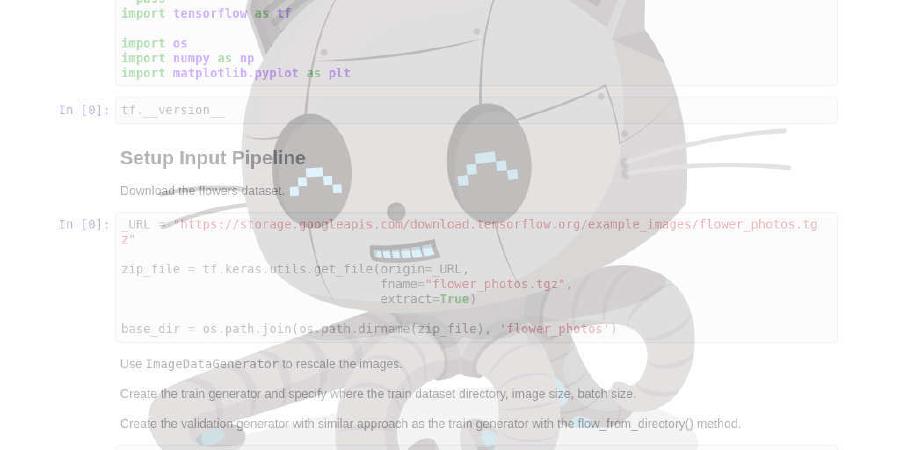ml4a/ml4a-guides

practical guides, tutorials, and code samples for ml4a
| repo name | ml4a/ml4a-guides |
| repo link | https://github.com/ml4a/ml4a-guides |
| homepage | http://ml4a.github.io/guides |
| language | Jupyter Notebook |
| size (curr.) | 51267 kB |
| stars (curr.) | 989 |
| created | 2016-06-01 |
| license | GNU General Public License v2.0 |
ml4a-guides
These guides accompany the chapters of ml4a.github.io, providing a series of pre-baked code samples, IPython notebooks, and markdown-based tutorials guiding the interested reader in how to practically work with some of the algorithms described by ml4a.
The homepage for these is here, which contains an overview of the included guides and tutorials, as well as some additional (in-progress) materials to help you get setup.
Getting the data
Some of the notebooks use publicly available datasets. In each case, you are free to substitute it with a dataset of your choice. If you want to just go through the notebooks and use the default datasets, each one has information about where to download it from. Or, you may simply download all datasets automatically in the default location by going into the data folder and running the script download.sh, i.e.
cd data
./download.sh
If you are on Mac or Windows, you may have to install unrar to run the install script.
Running the container
You can easily run these guides using Docker. With Docker installed, run the following from inside the repo:
docker build . -t ml4a
Once the container has successfully built, you can launch it with:
./run.sh
A Jupyter Notebook should now be running inside of the docker container, accessible from your host machine at http://localhost:8888. From Jupyter browser page, navigate to wherever you cloned ml4a-guides to run the notebooks.
If that port is already occupied, you may recieve an error from the run.sh script. You can easily switch the port published to the docker instance like so:
JUPYTER_PORT=1337 ./run.sh # visit at http://localhost:1337 instead





